- Shop All Documents + Bundles
- FORS V7.1 Document Bundle | Bronze (15 Policies)
- Transport Manager Compliance Pack (10 Policies)
- Transport Manager Compliance Pack (6 Policies)
- Health & Safety Policy Template
- Fuel, Emissions And Air Policy Template
- Operational Security Policy Template
- Serviceability And Roadworthiness Policy Template
- Road Traffic Collision Policy Template
- Counter Terrorism Policy Template
- Load Safety Policy Template
- Vehicle Routing And Scheduling Policy Template
- Driving Standards Policy Template
- Driving Hours Policy Template
- In Cab Technology Policy Template
- Passenger Safety Policy Template
- Complaints And Grievances Policy Template
- Drug And Alcohol Management Policy Template
- Hazard And Risk Identification Policy Template
- VOR (Vehicle Off Road) Policy Template
- Tyre + Wheel Policy Template
- Health & Eyesight Policy Template
- Transport Infringement Policy Template
- Walk Around Check (Defect Check) Tool Box Talk Template
- Transport Manager CV Template
- Social Media Policy Template
- Transport Manager Contract Template
- External Transport Manager Contract Template
- Driver Handbook
Parcel Delivery Powered By First Hydrogen
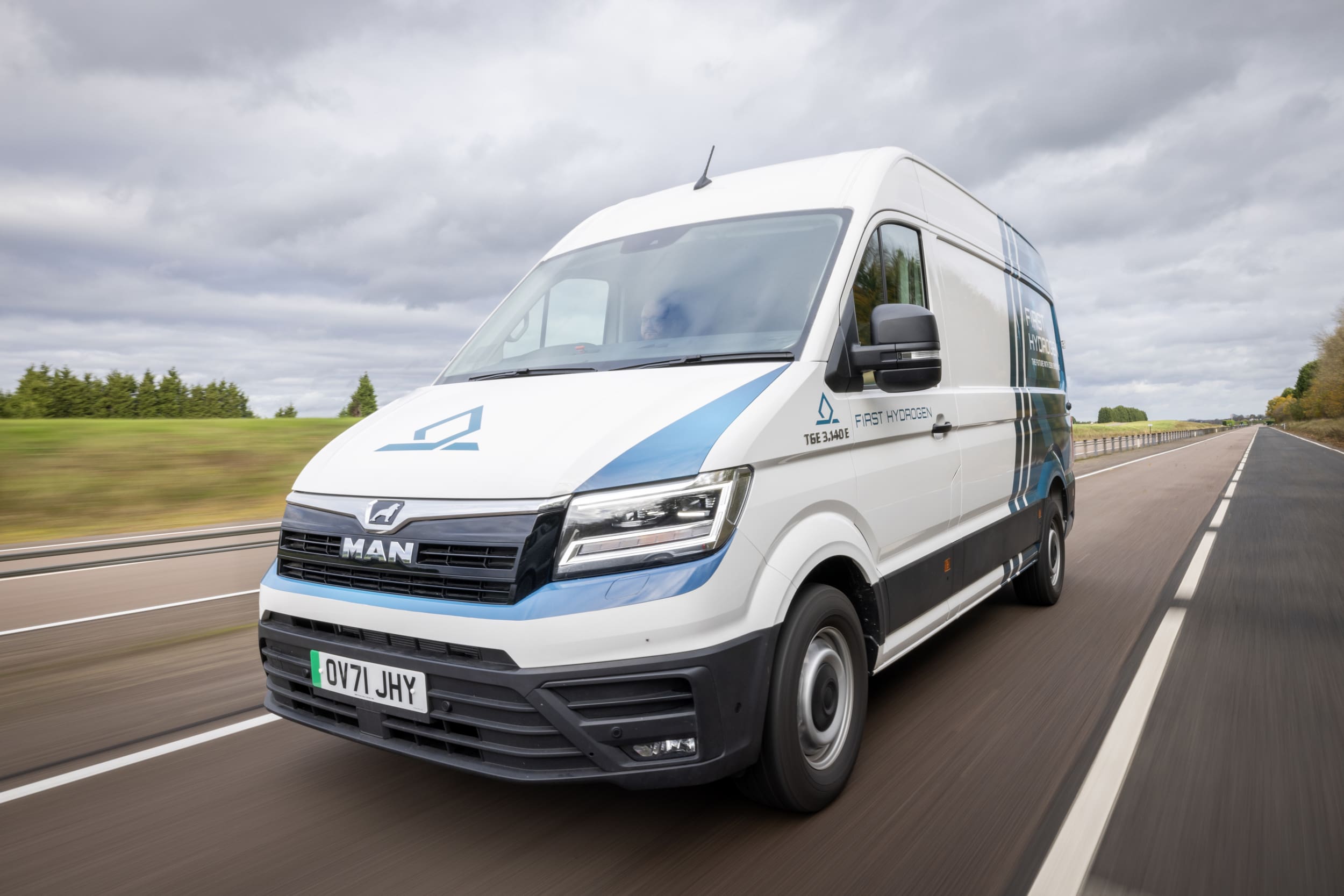
First Hydrogen, a leading developer of zero emission automotive and green energy solutions, is gearing up to launch fleet trials of its hydrogen-fuel-cell-powered vehicles (FCEVs) in response to increasing interest from parcel delivery companies. Building on the success of initial road trials with fleet operators in the UK, First Hydrogen plans to conduct operational trials with several parcel delivery companies starting in late Q3 and Q4 of this year.
Historically, First Hydrogen has primarily targeted industries like utilities that require zero emission vehicles capable of covering longer distances and carrying heavier payloads. However, parcel delivery companies face their own set of unique challenges, prompting them to explore alternative zero emissions technologies alongside battery-powered vehicles to meet both commercial and environmental goals. These delivery fleets operate in the middle and final stages of the supply chain, typically handling shorter trips from local hubs to deliver items directly to consumers or end users. More recently, they have extended their routes from distribution centers to locker facilities and shops with parcel collection services or “pick up and drop off points.” This locker-based model generates roughly two-thirds less carbon emissions than traditional home deliveries, a figure that could be further reduced with the use of greener vehicles.
A Growing Market
The parcel delivery vehicle market is projected to exceed a value of US$210 billion by 2032. The surge in e-commerce continues to drive growth in the delivery sector. There are currently 9.1 million online retailers worldwide, operating through their own e-commerce platforms or online marketplaces. Sales in this retail channel are expected to reach an impressive US$8.1 trillion by 2026. This booming online retail industry contributes to the volume of parcels being shipped and, given the critical importance of speedy delivery, leads to an increase in delivery vehicles on the roads and subsequently higher vehicle emissions.
Hydrogen Mobility and Delivery
First Hydrogen’s engineers have designed their vehicles with the capability to handle longer journeys but have equipped them with hybrid engines that combine hydrogen fuel cell technology with batteries, making them well-suited for shorter trips in urban and suburban areas. These vehicles benefit from regenerative braking, which helps recharge the battery, particularly during routes involving frequent stops and starts, such as those of delivery drivers who make numerous drop-offs and pick-ups in a single shift—often over 100 stops per day.
Moreover, fast hydrogen refueling significantly reduces vehicle downtime. Refueling a First Hydrogen light commercial vehicle (LCV) takes approximately 5 minutes, whereas charging a similar electric vehicle typically requires around 5 hours. This extended operational availability allows the vehicles to be in service for longer shifts, serving multiple drivers and providing fleet operators with greater flexibility.
Steve Gill, CEO of First Hydrogen Automotive, remarks, “The need to meet carbon reduction targets, navigate low and zero emission zones in cities, and phase out diesel and petrol-powered vehicles is positioning hydrogen mobility as a practical solution for last-mile delivery operators. Fleet managers are realising that relying solely on battery electric vehicles (BEVs) may not provide the reliability and operational flexibility needed to meet customer demands. The fleets of the future require a mix of BEVs and FCEVs to overcome these challenges and achieve net zero emissions goals. The sizeable and expanding parcel delivery sector urgently needs to build environmentally friendly and commercially viable fleets, and our hydrogen LCV can contribute to that goal. This opens up an exciting opportunity to explore a new customer base, potentially accelerating our business growth and expediting the introduction of our vehicles to the market.”

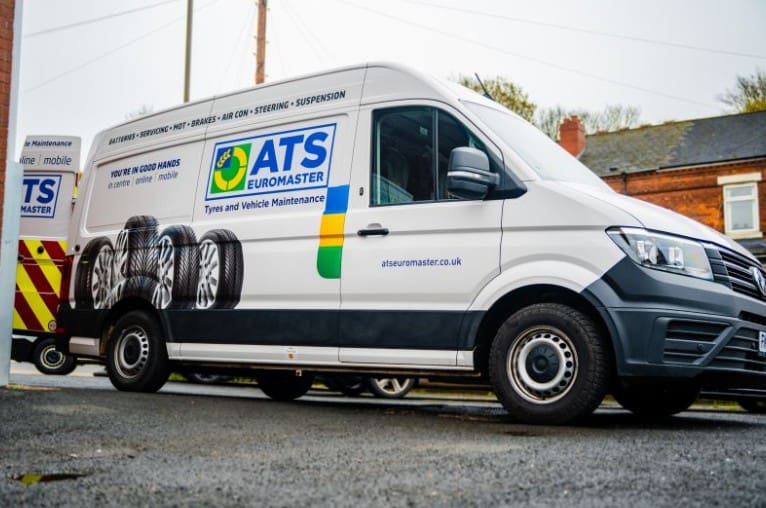


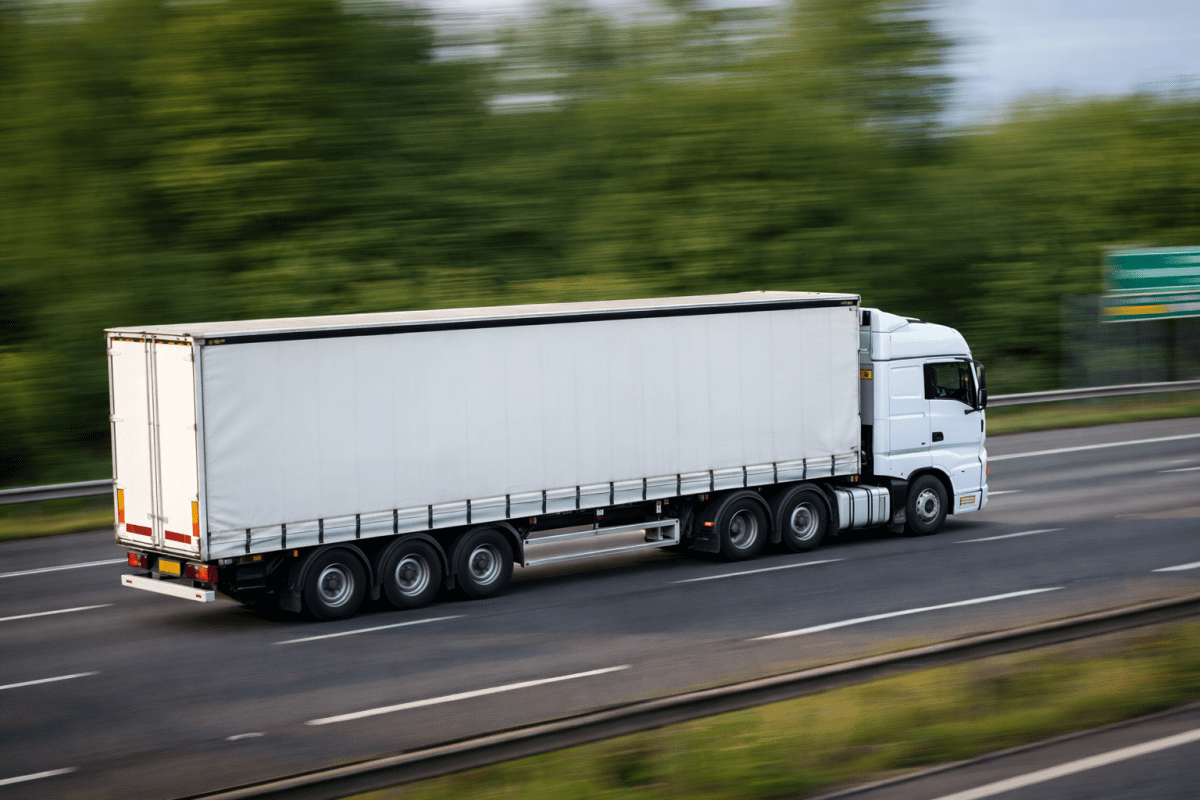
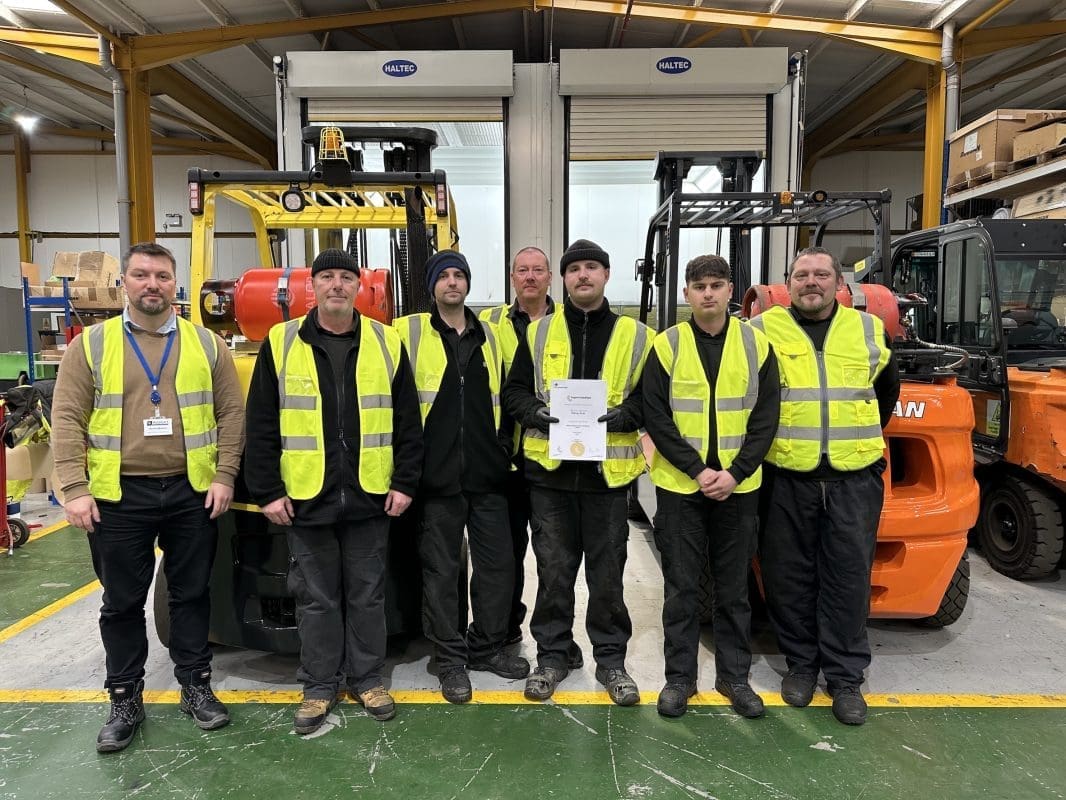
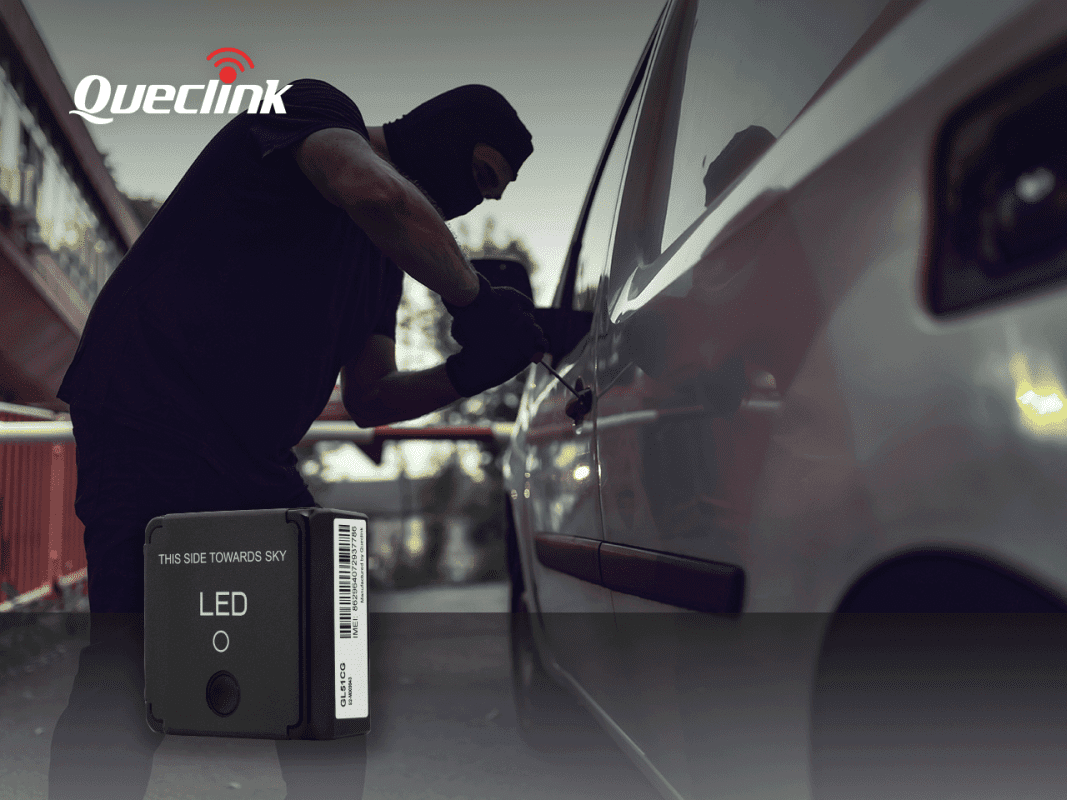
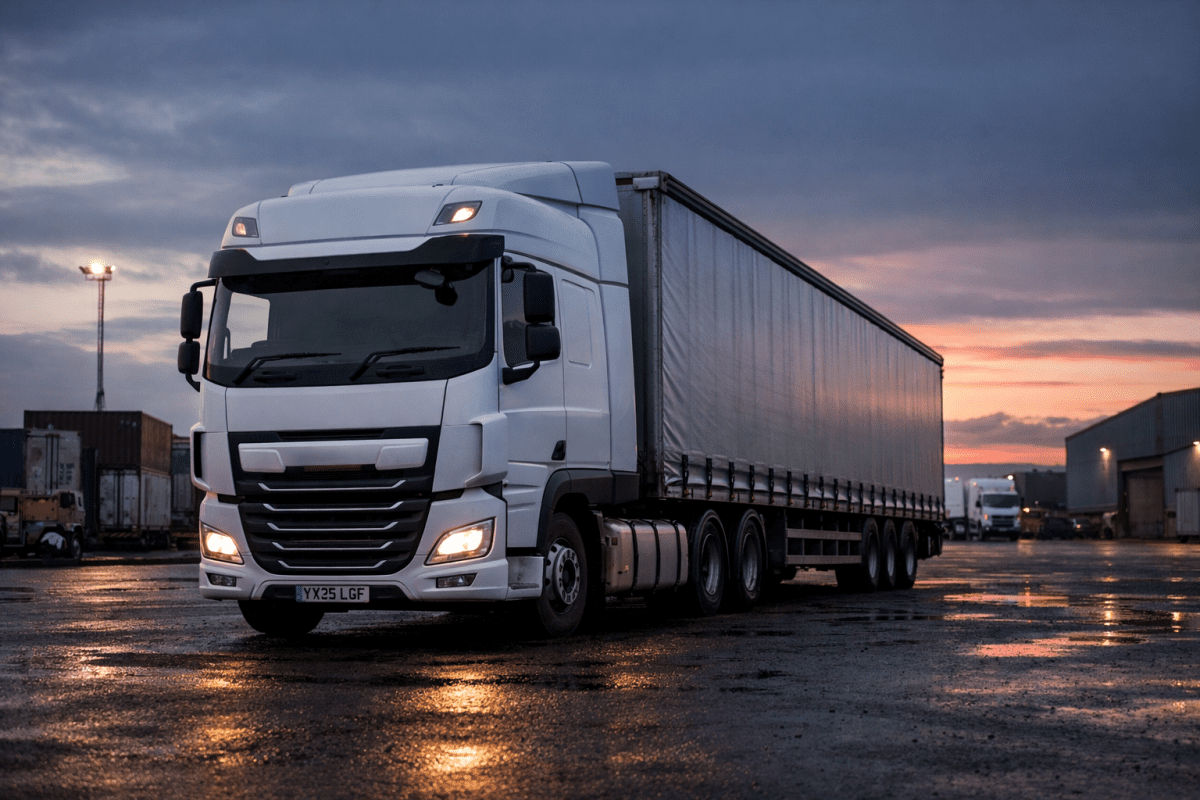
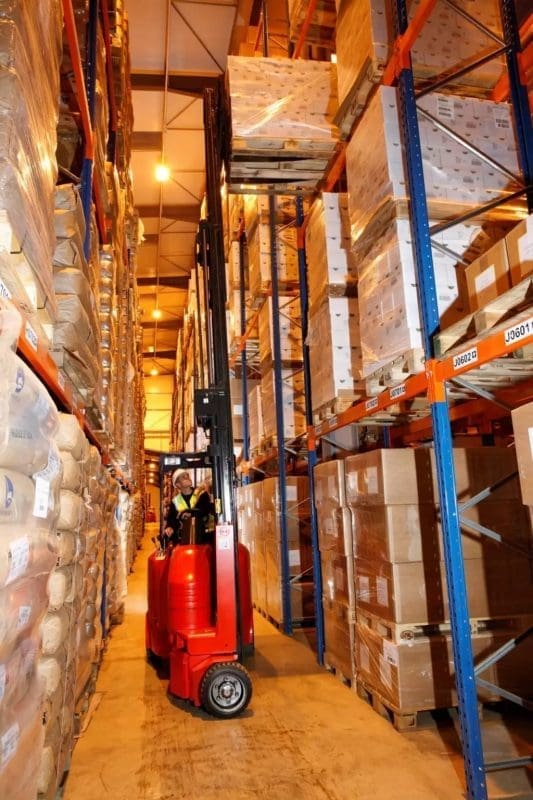
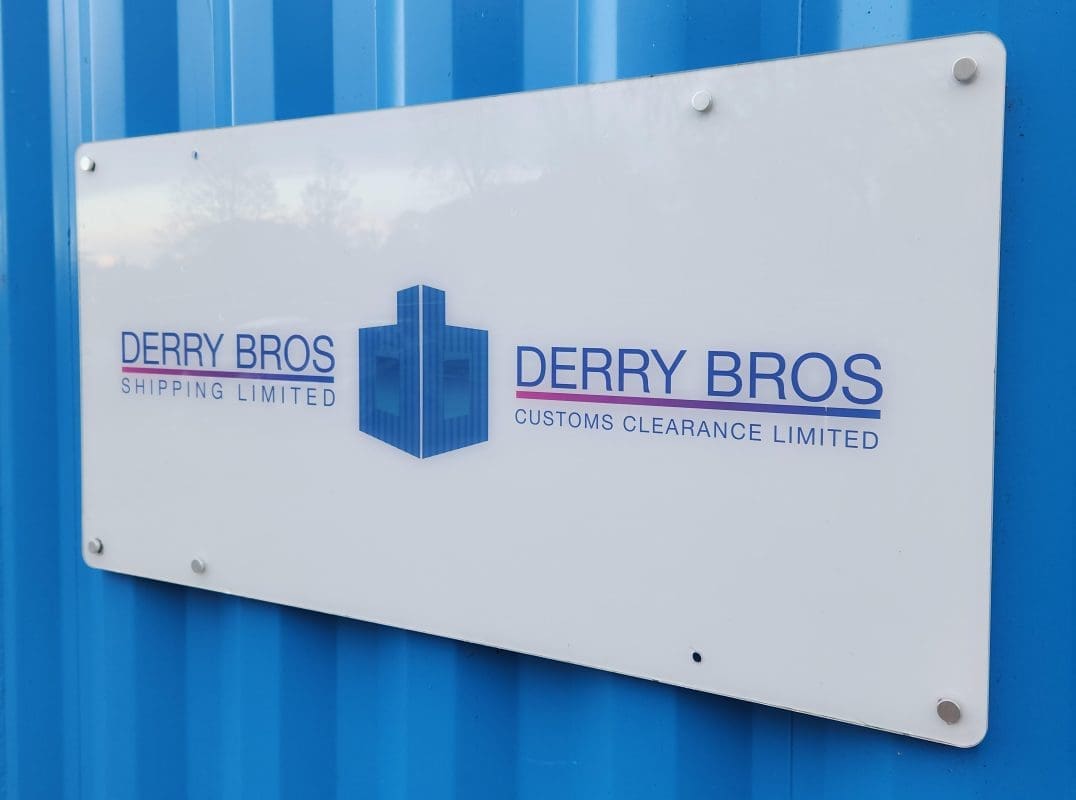
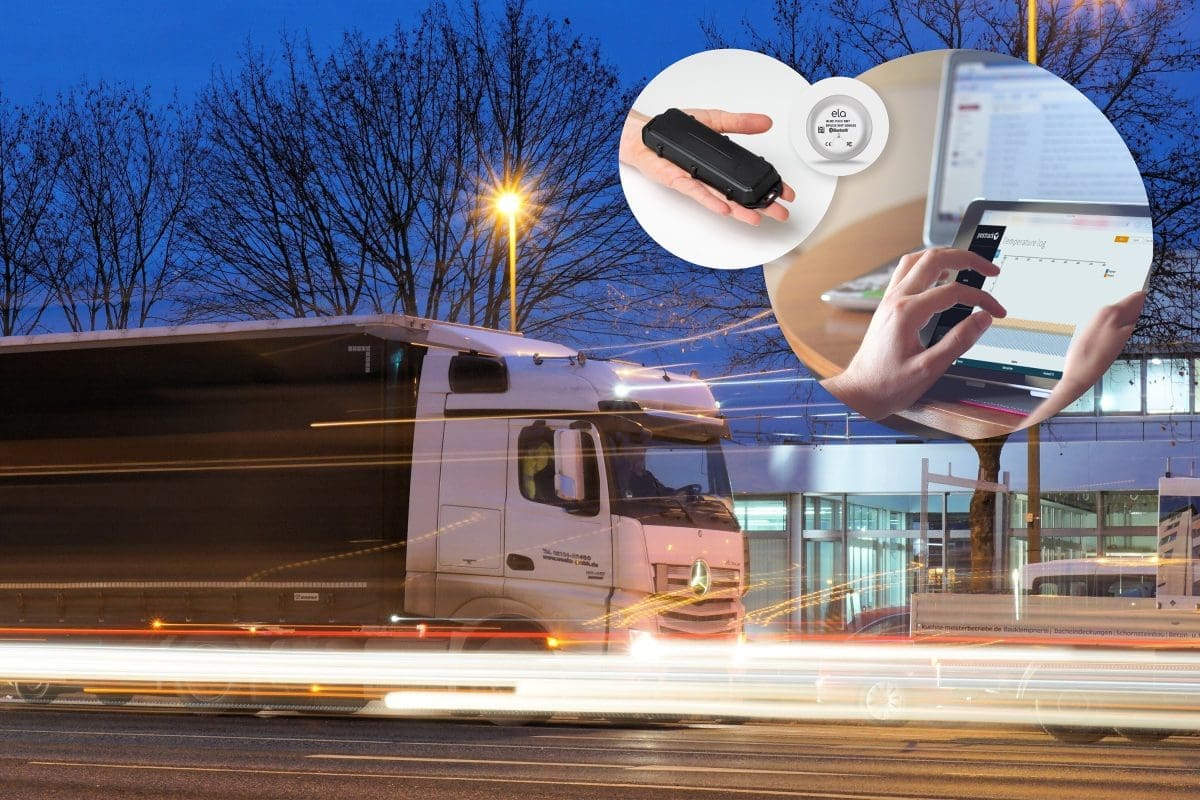
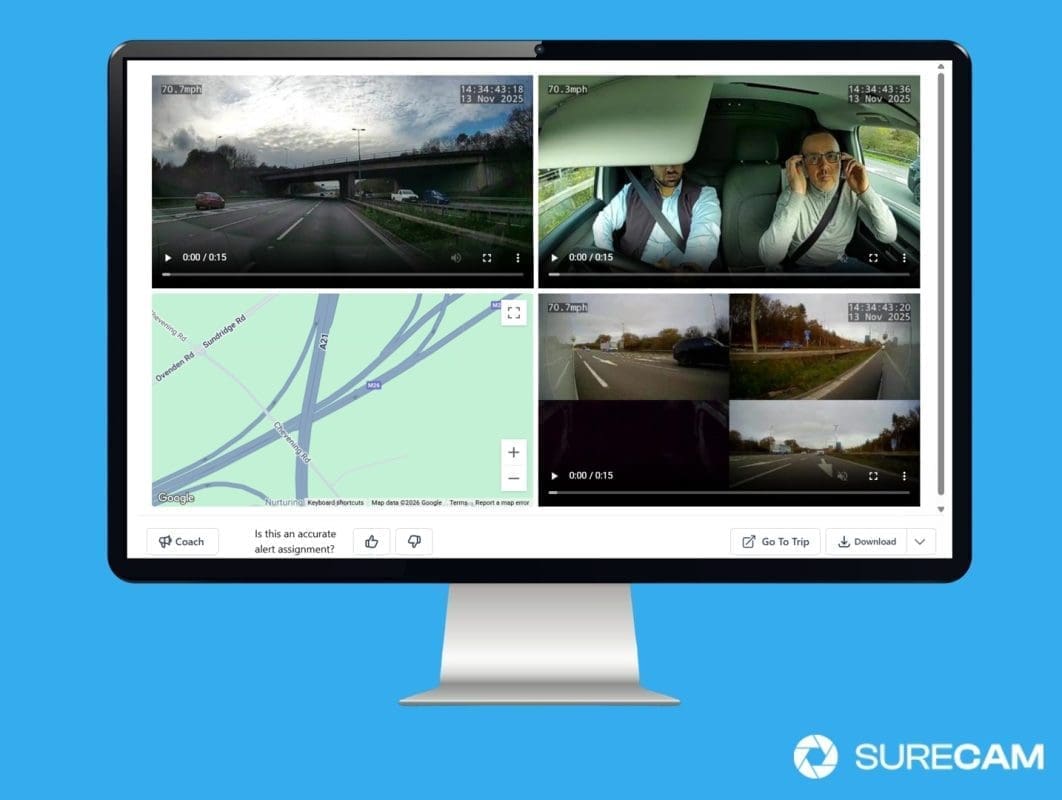
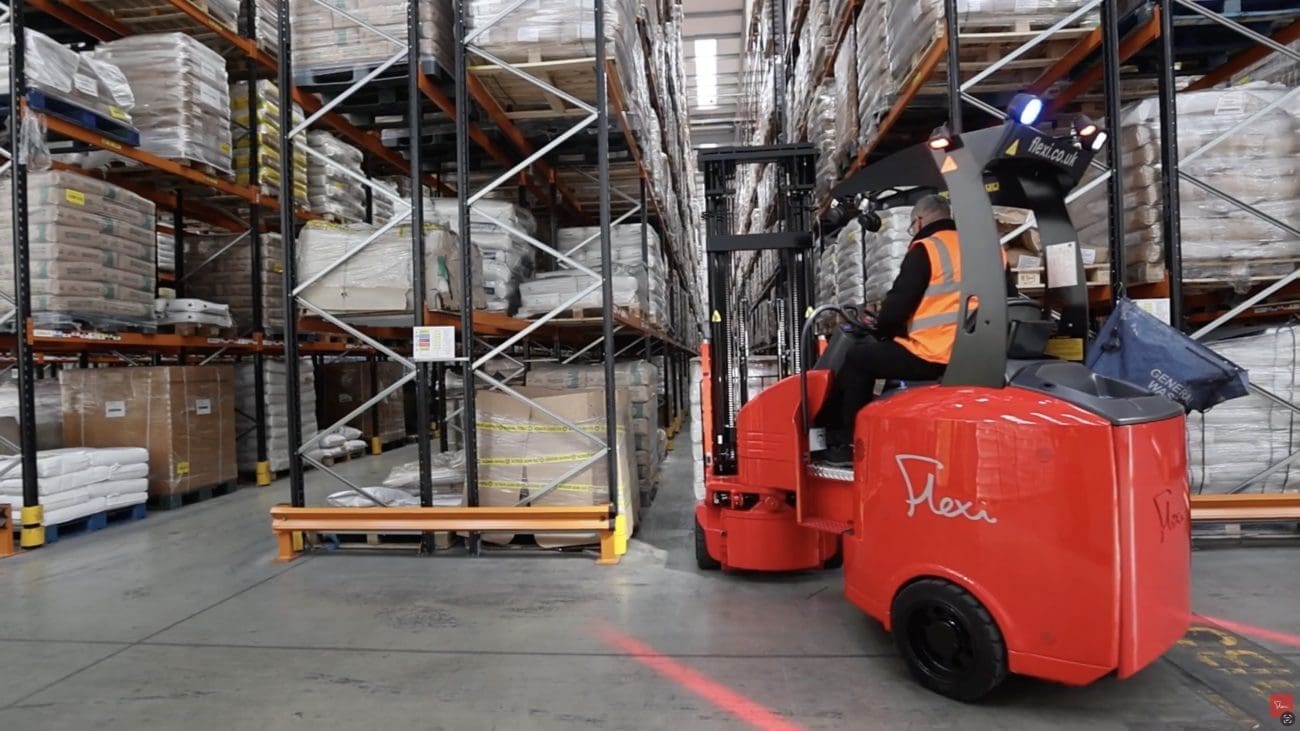
One thought on “Parcel Delivery Powered By First Hydrogen”
Comments are closed.